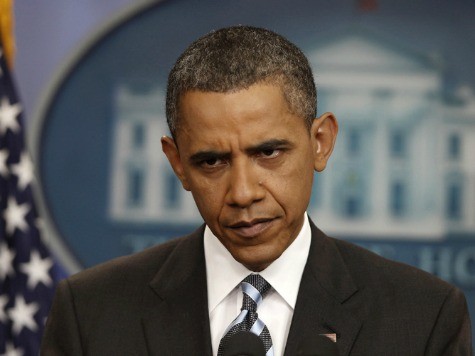President Barack Obama on Saturday called for an end to “manufactured crises and self-inflicted wounds” as he urged Republicans and Democrats in Congress to approve a new federal budget.
Obama, speaking in his weekly radio address, said that what most people hear out of Washington is “a jumble of unfocused noise that’s out of touch with the things you care about.
Obama spoke a little more than two weeks after the United States scraped through a bitter budget and debt ceiling battle that threatened to send the country into default and forced the 16-day partial federal government shutdown, but only by using stop-gap measures that pushed the battle deadlines forward.
If a fresh budget deal is not found by January 15, when the temporary funding expires, a new round of automatic spending cuts will hit.
Obama said Congress should “pass a budget that cuts things we don’t need, and closes wasteful tax loopholes that don’t help create jobs, so that we can free up resources for the things that actually do create jobs and growth.”
The president also had something to boast about, noting that this week “the Treasury confirmed that since I took office, we’ve cut our deficits by more than half.”
The US deficit for the fiscal year 2013, which ended September 30, stood at 4.1 percent of gross domestic product, the Treasury Department announced Wednesday.
The deficit-to-GDP ratio was 7.0 percent in 2012 after hitting more than 10 percent in 2009, when the government was spending heavily to counter the worst recession in decades.
But the deficit reduction is largely related to the onerous automatic cuts known as the sequestration.
In the absence of a budget agreement between Republicans and Democrats, federal spending has been slashed in blunt, massive cuts since March.
Conceived in mid-2011 during the previous debt ceiling crisis, the spending cuts were to be an unthinkable option that would force the two sides to strike a deal.
But a compromise did not materialize ahead of the deadline.
The result was that public spending fell two percent, notably in defense and education.

COMMENTS
Please let us know if you're having issues with commenting.